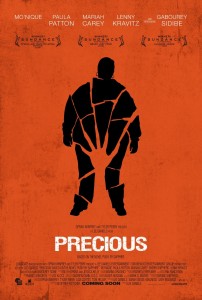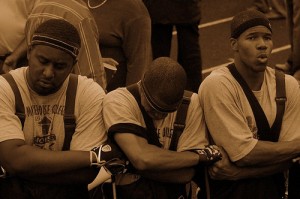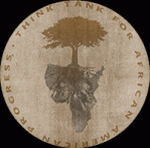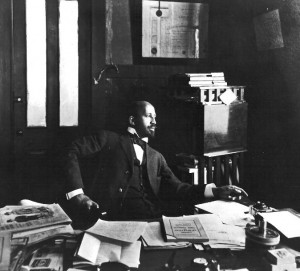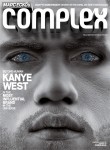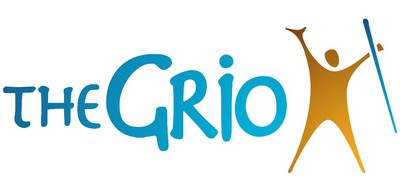So for the past few years I’ve been jousting with my family and loved ones around the issue of same sex marriage and repeatedly found my argument falling on deaf ears. In fact what I most often heard was, “I am for gay rights but…” and what would follow would immediately sweep away any indication of actual support for the union of two people from the same sex. As a service to myself and those with whom I will soon have this discussion with, I’ll provide some statements and my rebuttals. Instead of taking our 45 minutes on spinning wheels, let’s work and see and if we can cover some different ground.
1) “I’m for gay rights but … you can’t compare being Black to being gay.”
I feel you, I understand that being Black is different than being gay, but did you realize even in that statement you’re implying that we don’t have Black gay folk? No really, this is the part of the conversation where you keep on throwing out “they” which you might as well then say “those people.” I know you don’t like me bringing that up, because for so long and so often within the dominant White culture of America Black folks are referred to as “they”, “those people” and even recently “that one.” It’s really a process of othering, trying to make a distinction of who is “in” and should receive privileges and who is “out” (pun intended).
2) No, you’re not getting it, I didn’t choose to be Black and I can’t hide being Black.
Touche, you’re probably don’t remember when you chose to be Black, if you ever did. In fact, since we’re talking – heterosexual to heterosexual, I don’t remember when I choose to be straight, but that’s besides the point. The point is that being “Black” and being “gay”, as we sociologists say are both “socially constructed”. Yeah, fancy academic words but definitely important. By socially constructed I mean that we create the boundaries and meanings for these categories. There is a great film that breaks this down and books, but let’s be real, you ain’t gonna pick up a book or watch a movie in the middle of this blog post, so let me do what I can to break it down now. While we’ve come to think of meaning of Blackness as something that can’t be changed, avoided, and pretty much is like gravity, we’ve forgotten that was created. In fact, the dominant images and tropes of “What is Black”, weren’t even our creation. Think about it, how many people who identify as Black, would say “my skin is actually the color of Black.” Very few, in fact, we respond by saying things like “I’m brown, caramel, dark chocolate, etc.” all descriptors that side-step an imposed moniker. Also have we forgotten that for so many years, the oppression of being Black and not having access to rights made many of our ancestors pass? Yeah, that’s right, not all of us are “definitively Black” and certainly what it means to be Black has carried consequences.
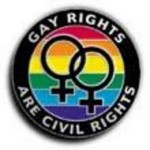
CONTINUE READING

